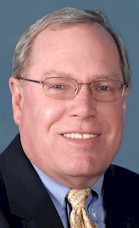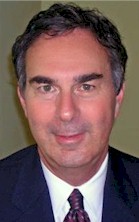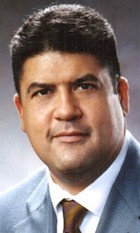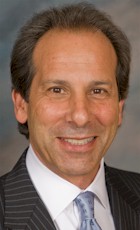
The "No Vacancy" sign is the hotel operator's best friend. No matter where it's shining-from the top of Maine to the tip of Florida; from the Hudson River to the Grand Canyon; or from the Seattle Space Needle to the San Diego Zoo - the neon light signals a strong industry. It also indicates a stable economy. The more rooms that are booked means more cars on the road, and more people traveling on planes and trains. And it means restaurants, shops, and amusement centers packed full with visitors. But there's an underlying component that, if not addressed, can limit an operator's end profit. A crucial element here is energy costs. READ MORE






















